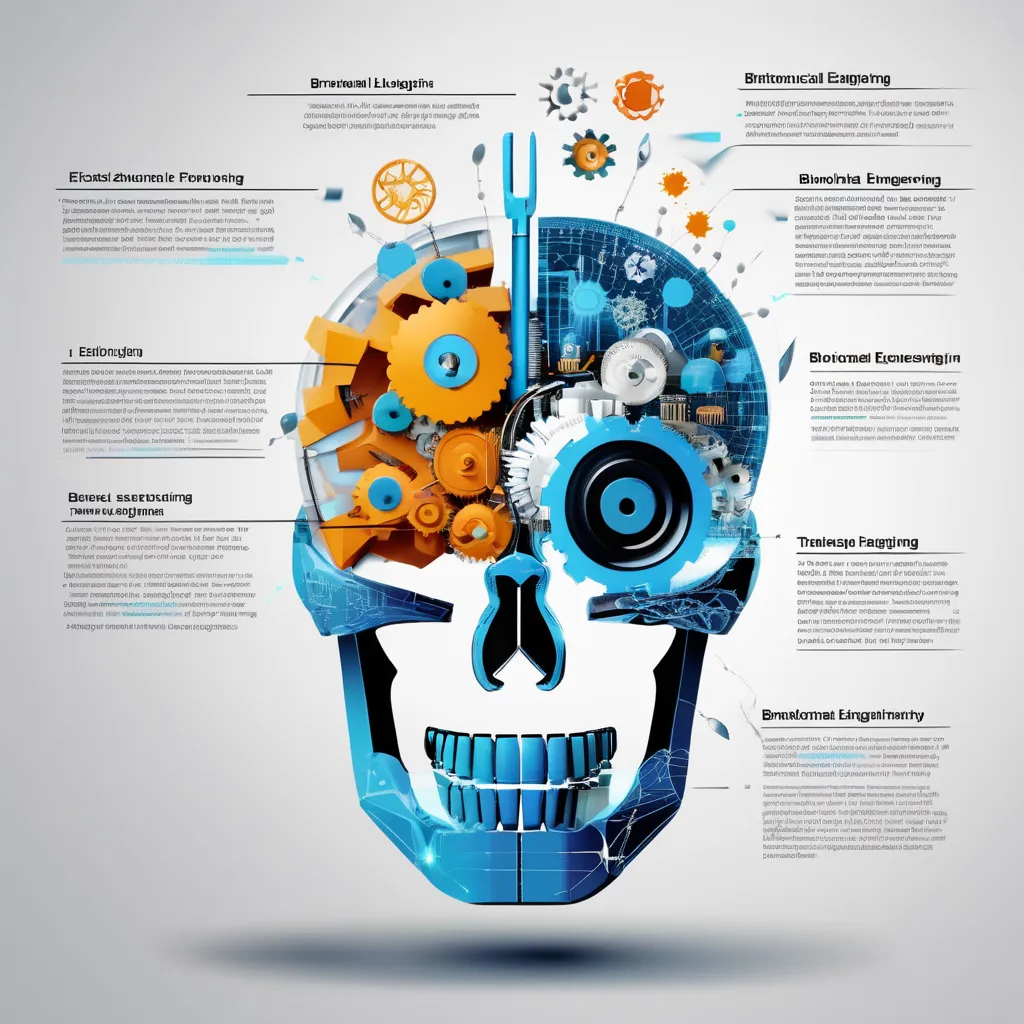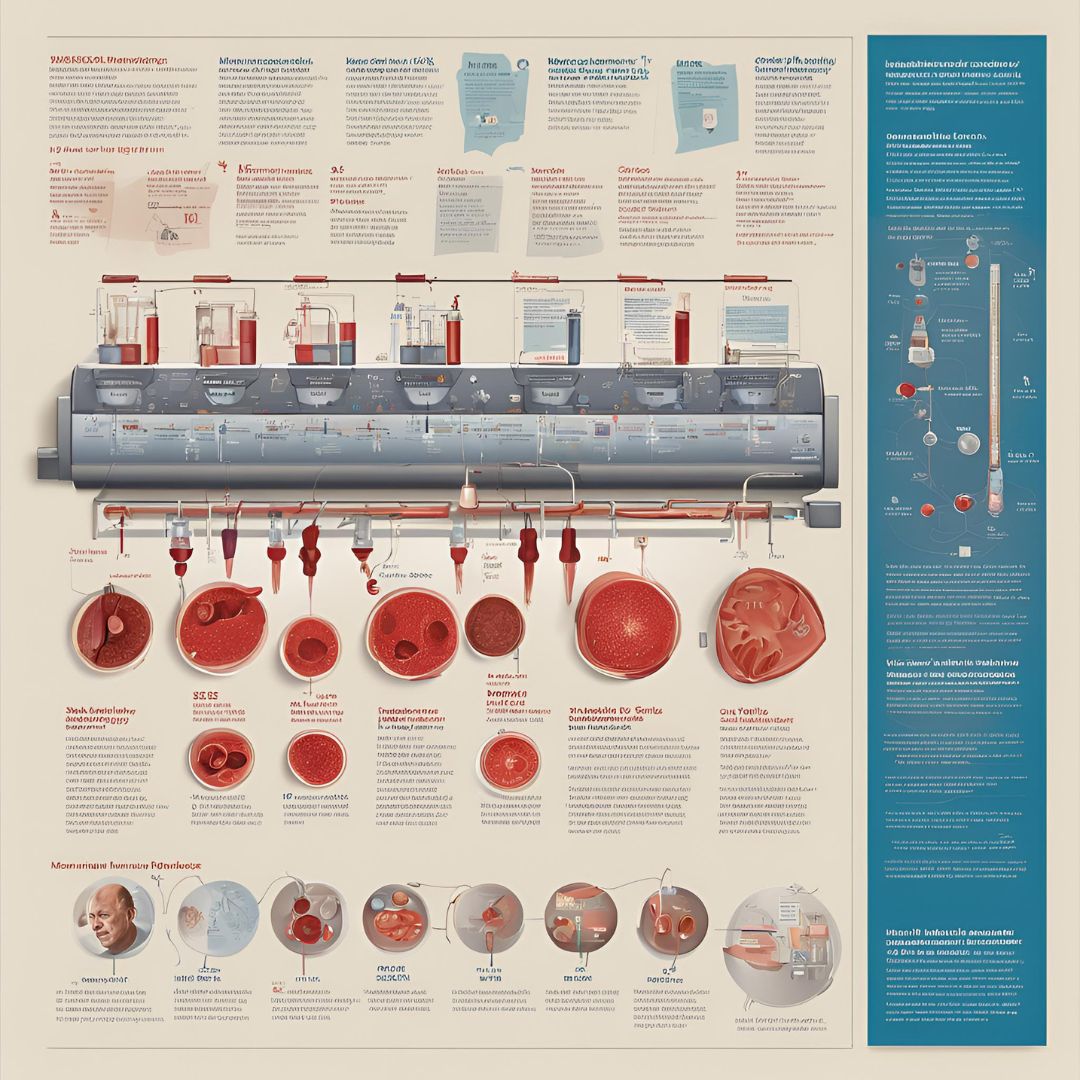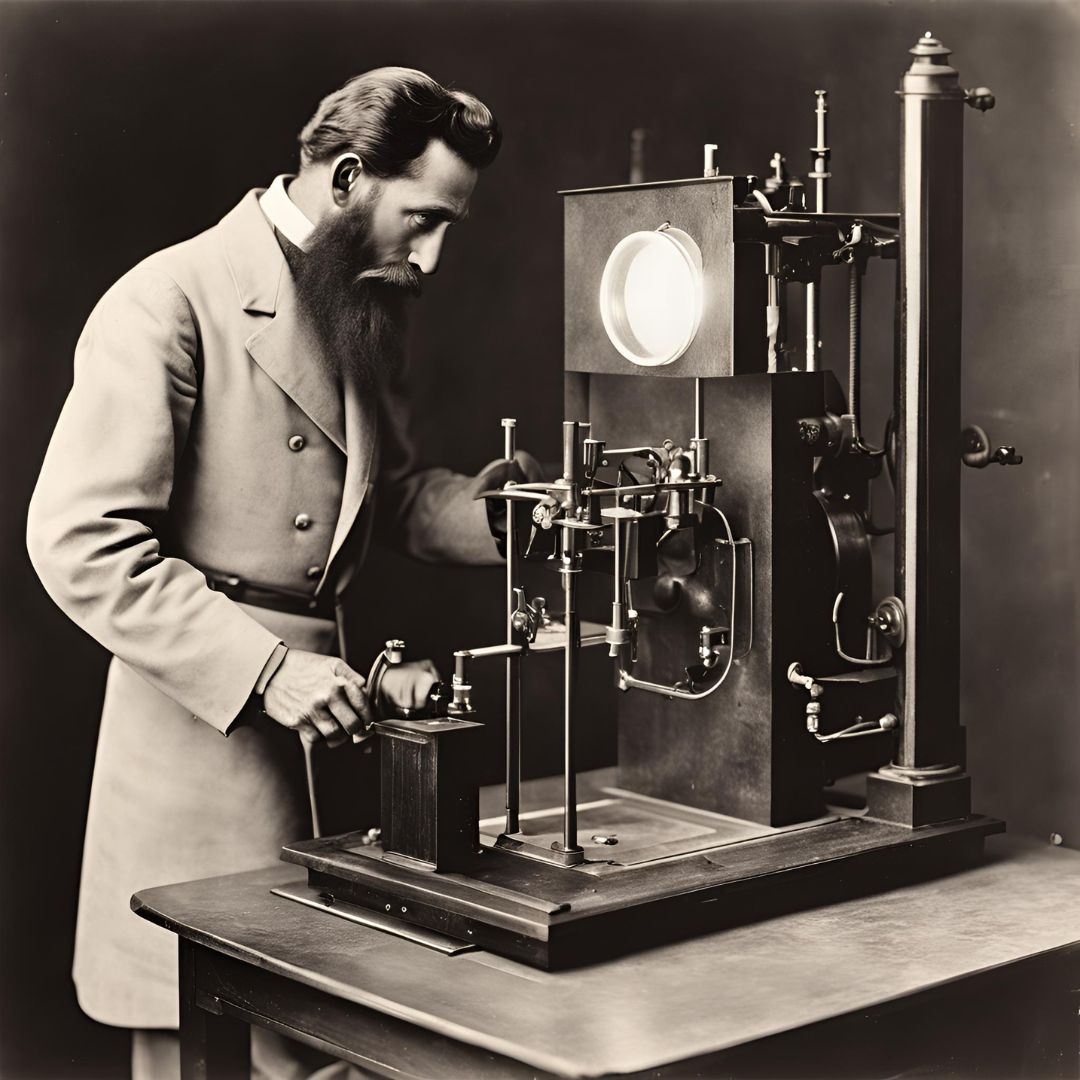The Power of Biomedical Research: Shaping the Future of Health and Medicine
Welcome to Biomedical Diary, your gateway to understanding the incredible world of biomedical science! Have you ever stopped to wonder how the latest vaccines, cancer therapies, or advanced diagnostics come to be? The answer lies within the fascinating, ever-evolving field of biomedical research. In this post, we’re diving deep into this powerful branch of science, exploring its impact, potential, and the remarkable ways it shapes the future of health and medicine.
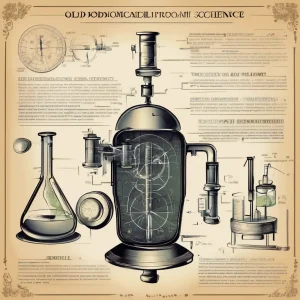
What Exactly is Biomedical Research?
At its core, biomedical research seeks to answer one fundamental question: How can we better understand, diagnose, treat, and prevent diseases? This involves exploring the biological processes that govern human health and developing interventions based on that understanding. Biomedical research ranges from studying cells and molecules in a lab to conducting large clinical trials that test new treatments on patients.
There are two main categories of biomedical research: basic research and applied research.
Basic research expands our understanding of fundamental biology, while applied research targets specific medical problems. Both are crucial, as breakthroughs in basic research often lead to life-saving treatments.
Today, biomedical research is the driving force behind the most significant advancements in healthcare. For instance, consider the development of vaccines. Within just one year of the emergence of COVID-19, multiple vaccines were developed, tested, and distributed to millions worldwide. This unprecedented feat was made possible by decades of biomedical research into mRNA technology, virus behavior, and the immune system.
Biomedical research also fuels the development of new drugs and medical devices. Every treatment you’ve ever received, from antibiotics to chemotherapy, started with biomedical research. But the field is more than just lab work—it’s a dynamic ecosystem that includes computational modeling, clinical trials, regulatory assessments, and patient feedback.
Yet, the true power of biomedical research is that it doesn’t just cure diseases—it prevents them. Early detection and prevention strategies are a significant focus, helping to reduce the global burden of disease before symptoms even begin.

Key Breakthroughs in Biomedical Research
Some of the most exciting biomedical research breakthroughs in recent years have reshaped entire medical fields. Let’s explore a few game-changing discoveries:
Gene Editing:
CRISPR Revolution Gene editing technologies like CRISPR have revolutionized biomedical science. CRISPR allows scientists to precisely edit DNA sequences, offering the potential to correct genetic defects at their source. Diseases once deemed incurable, like cystic fibrosis and muscular dystrophy, are now being targeted at the genetic level. CRISPR’s implications extend beyond rare genetic disorders, with researchers exploring its use in cancer treatment to edit immune cells for targeting and destroying cancerous cells. Despite ethical concerns, especially regarding human embryos, the potential for life-saving interventions is immense.
Immunotherapy:
Harnessing the Immune System One of the most remarkable advances in cancer treatment is immunotherapy, which uses the body’s immune system to fight cancer. Unlike traditional treatments like chemotherapy or radiation, immunotherapy empowers the immune system to recognize and attack cancer cells more effectively.Checkpoint inhibitors are a specific type of immunotherapy that block certain proteins on cancer cells, helping the immune system recognize them as threats. Immunotherapy has shown incredible success in treating cancers like melanoma and lung cancer, offering hope to patients who previously had limited options.
mRNA Vaccines:
A New Era in Vaccinology The COVID-19 pandemic brought mRNA vaccines to the forefront of biomedical innovation. However, mRNA technology was not developed overnight—it was the result of years of dedicated research. These vaccines work by teaching the body to produce a protein that triggers an immune response, effectively preparing it to fight off real infections.mRNA vaccines represent a new era in vaccinology. They are easier and faster to produce than traditional vaccines, making them a game-changer for responding to emerging infectious diseases. Researchers are now exploring mRNA technology for other diseases, such as influenza, HIV, and even cancer.
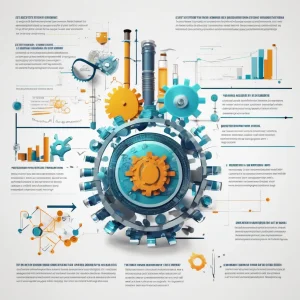
The Human Impact: Why Biomedical Research Matters
Now that we’ve looked at the breakthroughs, let’s not lose sight of the most critical aspect: the human impact. Biomedical research isn’t just about experiments or statistics—it’s about improving lives. Every scientific discovery brings us closer to longer, healthier lives. Think about the families who no longer have to fear polio or smallpox, or the patients who survive cancer due to new therapies.
Let’s focus on a few real-world examples of how biomedical research transforms lives:
- Cancer Patients: Advances in biomedical research have led to more personalized cancer treatments. No longer do patients have to undergo one-size-fits-all chemotherapy. Instead, oncologists can now tailor treatments based on the genetic profile of the tumor, offering better outcomes and fewer side effects.
- Diabetes Management: People with diabetes have benefitted from research into continuous glucose monitors and artificial pancreas systems, allowing them to manage their blood sugar levels more effectively. These innovations help patients lead more normal lives, free from constant blood sugar monitoring and injections.
- Rare Diseases: For individuals with rare diseases, biomedical research offers a beacon of hope. For many years, pharmaceutical companies avoided rare diseases because they weren’t profitable. However, thanks to advancements in genetics and a growing focus on orphan drugs (medicines for rare diseases), patients with conditions like ALS or Huntington’s disease now have potential treatment options that didn’t exist a decade ago.
Biomedical Technology: The Intersection of Innovation and Health
Biomedical research isn’t limited to drug development. The integration of technology has created a new frontier, revolutionizing how we diagnose, monitor, and treat diseases. Here are a few cutting-edge areas in biomedical technology:
- Artificial Intelligence (AI) in Medicine AI is transforming healthcare by offering powerful tools for data analysis and predictive modeling. In diagnostics, AI can analyze medical images—such as X-rays or MRIs—with incredible accuracy, sometimes even outperforming human radiologists. AI algorithms are also used to predict patient outcomes and assist in clinical decision-making, leading to more personalized care.
- Wearable Health Tech Wearable devices like smartwatches and fitness trackers are now widely used for monitoring various health metrics, such as heart rate, sleep patterns, and physical activity. In the future, these devices may be integrated with biomedical research to track diseases in real-time or even predict the onset of certain conditions like heart disease or diabetes.
- 3D Printing in Medicine 3D printing technology has made waves in biomedicine, particularly in creating customized implants and prosthetics. Surgeons can now create patient-specific models for complex surgeries, improving precision and outcomes. Looking ahead, researchers are working on 3D-printed organs, which could one day solve the organ donor shortage.
Ethics in Biomedical Research: The Path Forward
As powerful as biomedical research is, it does not come without ethical challenges. One of the most prominent debates surrounds gene editing, particularly when it comes to editing human embryos. The potential for “designer babies” and unintended consequences raise serious ethical questions that society must address before these technologies become widespread.
Other areas of ethical concern include clinical trials. Historically, marginalized populations have been underrepresented in clinical research, leading to biased outcomes. Ensuring diversity in trials is crucial to developing treatments that are effective across different populations. Additionally, the cost of biomedical innovations—whether gene therapies or advanced diagnostics—must be addressed to ensure equitable access to all patients, regardless of socioeconomic status.

The Future of Biomedical Research: Where Are We Headed?
The future of biomedical research is brimming with possibilities. One of the most exciting trends is personalized medicine, where treatments are tailored to the individual’s genetic makeup, environment, and lifestyle. Advances in genomics and biotechnology are paving the way for targeted therapies that offer more effective and less harmful treatments.
Another promising area is regenerative medicine.
Stem cell research and tissue engineering may regenerate damaged organs, potentially curing heart disease, spinal cord injuries, and diabetes. Looking further ahead, biomedical research could lead to solutions for aging itself. Scientists are exploring the biological mechanisms behind aging, with the goal of developing interventions that extend healthy lifespan. Could we one day live in a world where diseases of aging are a thing of the past? Only time—and continued research—will tell.
The Ongoing Journey
As we look back at the incredible achievements of biomedical research, it’s clear that we are on an exciting journey. Every discovery brings us closer to understanding the mysteries of the human body and finding better ways to combat disease. But it’s not just about the science—it’s about the people whose lives are changed by these innovations. Biomedical research can transform healthcare, and with collaboration, creativity, and dedication, we will unlock new possibilities for medicine’s future.
